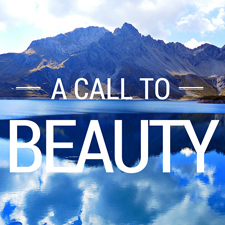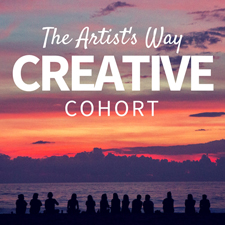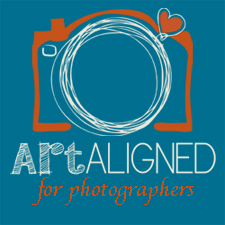One of the hardest things for me, in my writing and my art (and heck, in my life, too!), has been learning to create for myself and no one else. This doesn’t mean ignoring other people’s intelligent critiques, or charging stubbornly ahead with my own agendas when no one else will cooperate. But it does mean listening very hard for my own truths, and expressing them with integrity to myself. It means doing what I really want, even if someone criticizes me for it — even if everyone criticizes me for it. And it means letting go of praise or approval as something to be sought out, because if I start believing how someone else feels about my work, then I stop hearing how I feel about it.
The way I think about this now is as a question of motivation. What drives me to get up every morning and write that blog post or that poem, or paint that picture? Is it that I want people to like me? Do I want someday to make the best-seller lists, or become a household name? Or is it just that I want my family to see I’m doing something with my life? Those are all external motivations. Not that they don’t have their uses, but ultimately, if I’m driven externally, the proof of my success rests outside of me: I won’t feel adequate until someone else says I’ve made it, whether that’s my mother, my mentors, an editor, or Oprah. The trouble is, when I think this way, my happiness isn’t in my own hands, but in someone else’s, which means I’ll always be afraid. Other people are not me. That means if someone says something negative about my work, I’ll read too much into it — but if they say nothing, I’ll do the same. And even if they praise me to high heaven, I’ll worry that they’ll change their minds, or that actually that person doesn’t have as much discernment as I thought. No matter what, I’m fearful, and I’m powerless.
It’s hard to give up these external motivations because we’ve been trained to them. We study for the test scores, we do things for the praise or the promotion or the payment that tells us I’m safe or I’m respected or I can provide. We don’t really know who we are, or what drives us, without these goals. I mean, why do anything, if not for the rewards we get for doing them? What would we do, anyway, if there was no one around to see or to care? It’s a question that, I confess, I’m frightened to answer. But I know I have to, if I ever want to create art that’s truly original and truly authentic — or if I want to escape the endless cycle of fear and relief that is external motivation. A writing teacher once told me, “If you write for yourself, then when you’ve written something you’re really proud of, no one can take that away from you.” That is the kind of freedom I want.

Lisa Hsia is a writer, artist, and blogger who likes to blur the boundaries of these three fields whenever possible. Find her and her work online at satsumabug.com.


















Kate Watson - Big thanks to Lisa for guest blogging and to Ré for commenting! I’m taking away from this lovely post an idea that we all need to remember sometimes: “But it does mean listening very hard for my own truths, and expressing them with integrity to myself.” It can be hard to listen to your own truths and operate from a feeling of self-understanding and contentedness, especially when you’re a working professional who also answers to clients.
satsumabug - Thank you! 🙂 Glad my thoughts resonated with you!
Ré Harris - That’s the kind of freedom I want, too! You know I’ve also been plagued by these kinds of issues and am working to hear constructive critique without being ruled by other peoples opinions, so I really love what you’ve said here. Definitely glad to read this, Lisa, and looking forward to your next guest post.
Guest post at ArtAligned | the Satsumabug blog - […] guest posts up at Kate Watson’s ArtAligned blog, inFocus. The first of these posts, “It’s All About You,” went up a week ago. The second, “It’s Not About You,” should be posted […]
Art Aligned™ » Blog Archive » It’s Not About You [Guest post] - […] Artistry & inspiration, Guest bloggers, Personal development I wrote in my earlier guest post, “It’s All About You,” that the key to creative freedom is to disregard external motivations and listen only to what you […]